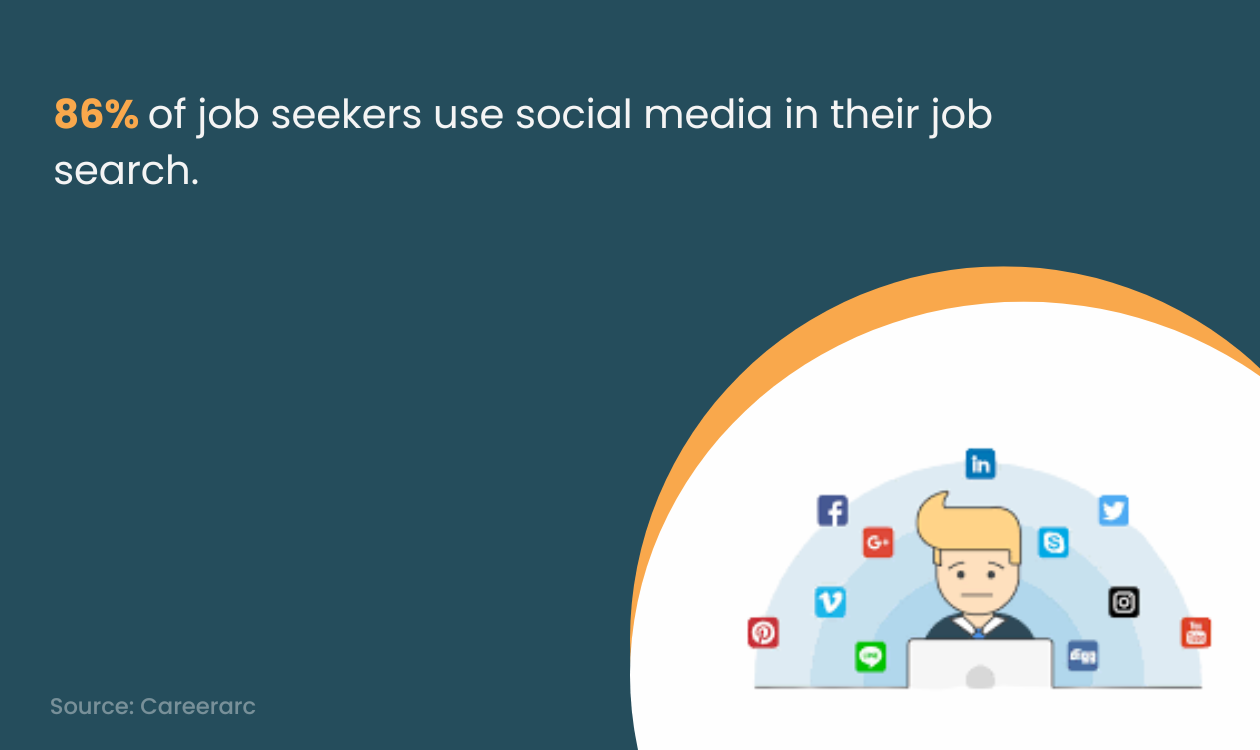The tech world has become a highly competitive environment where the most sought-after and talented professionals are in high demand. This means that many companies are left with less-than-desirable candidates when they’re looking to fill their technology positions. If you find yourself in this situation, there is still hope.
You may not be able to hire a “rockstar” programmer, but you can still get great people who can help your company achieve its goals. In this blog post, we’ll take a look at some of the best strategies for hiring tech workers when you’re not on their A-list. We'll also explore how to retain these folks once you have them onboard so that both your business and your team can benefit from their expertise.
Proven Ways To Hire Tech Talent in 2025
1. Identify the skills your company needs
The skills your company needs will vary depending on the industry you're in and the specific needs of your business. However, there are some basic skills that all businesses need in order to be successful. These include:
- Communication: The ability to communicate clearly, both verbally and written, is essential in any business setting.
- Organizational: Being able to organise and manage multiple tasks simultaneously is key in today's fast-paced business world.
- Interpersonal: developed people skills are a must in any business setting where you'll be interacting with customers, clients, or employees.
- Analytical: the ability to analyse data and information is increasingly important in today's data-driven economy.
If your company is looking for workers with these skills, consider posting job openings on online job boards or partnering with a staffing agency that specialises in placing tech workers.
2. Train your current employees to fill those roles
When you’re not on the A-list of potential employers for tech workers, it can be difficult to hire top talent. One way to get around this is to train your current employees to fill those roles.
This may seem like a daunting task, but it can be done with the right training and support. Start by identifying the skills that are needed for the positions you want to fill. Then, create a training program to help your employees learn those skills.
Make sure to provide plenty of support during the training process so that your employees feel comfortable and confident in their new roles. With the right preparation, your employees can be ready to take on any challenge that comes their way.
3. Consider offering remote work options
The tech industry is booming and with good reason. The skills required to work in tech are in high demand, and the industry is only growing. However, for companies that are not located in major tech hubs like San Francisco or New York, it can be difficult to attract top talent. One solution is to consider offering remote work options. This can be a great way to attract workers who might not be willing to relocate or who might be looking for a more flexible lifestyle.
There are a few things to keep in mind if you decide to offer remote work options:
- Make sure you have the right tools and infrastructure in place to support remote workers. This includes things like video conferencing software, project management tools, and so on.
- Be clear about your expectations for remote workers. What hours do you expect them to work? How often will they need to be available for meetings? What kind of communication do you expect?
- Offer competitive compensation and benefits packages. Remote workers should feel like they are being compensated fairly for their work and that they have access to the same benefits as employees who are working in the office.
- 4. Be flexible with your job requirements
When you’re hiring for a technical position, it’s important to be flexible with your job requirements. The most qualified candidates might not have all of the skills or experience that you’re looking for, but they might be able to learn and grow in the role. It’s also important to remember that the tech industry is constantly changing, and what constitutes “required” skills and experience can change rapidly.
What was considered cutting-edge five years ago may now be outdated, so it’s important to keep an open mind when reviewing and screening candidates. Finally, don’t forget that non-technical skills are just as important as technical ones. Things like communication ability, problem-solving, and teamwork are essential for any successful tech team.
Even if a candidate isn’t exactly what you were looking for on paper, they may still be a great fit for the role if they have the right attitude and aptitude.
5. Use social media and job boards to reach a wider pool of candidates
When you’re hiring for a technical role, it’s important to reach a wide talent pool of potential candidates. Social media and job boards are great tools for doing this.
Posting on social media sites like LinkedIn can help you reach a larger audience of potential candidates. You can also search for relevant groups on LinkedIn and other social media sites that your target candidates might be active in. Specific Job boards like Indeed and Dice are also great places to post your openings. You can target your postings to specific locations and skill sets, which can help you attract the right candidates.
6. Offer competitive compensation and benefits
In order to recruit tech talent when you're not on their A-list, you need to offer competitive compensation and benefits. This means offering a salary that is competitive with other employers in the industry, as well as offering benefits that are attractive to potential employees.
Some benefits that you may want to consider offering include health insurance, 401(k) plans, and paid time off. You should also make sure that your workplace is a positive and supportive environment where employees can thrive.
Final Thought on Hiring Tech Workers in 2025
Hiring tech workers may be daunting, especially when you don't have an A-list to draw from. But that doesn't mean it's impossible - by using the tips outlined in this article, you can increase your chances of finding a great programmer or other tech workers for your company.
From crafting effective job descriptions and postings to offering competitive pay packages and even considering remote work arrangements, there are many ways to attract high-quality talent, even if you're not on the A-List. With the right approach and some dedication, you, too, can build up a team of talented professionals who will help take your business to the next level.














